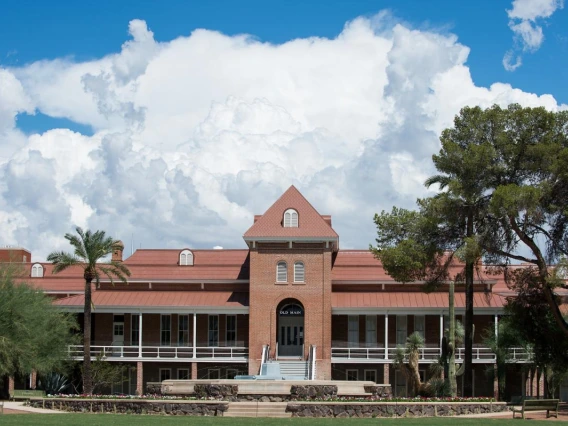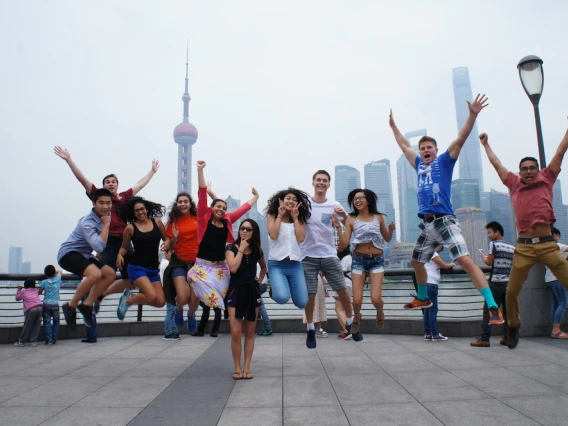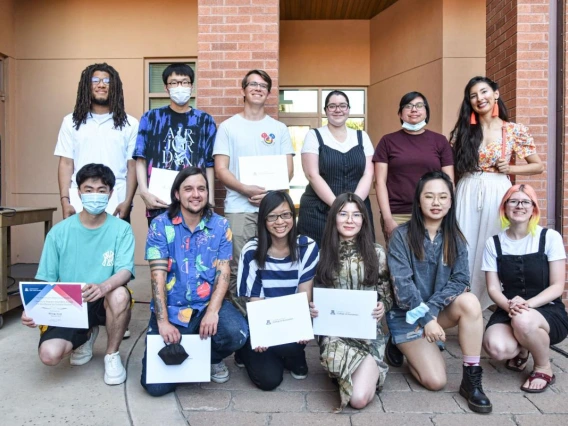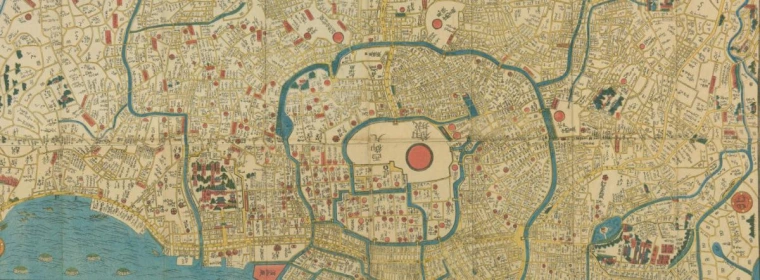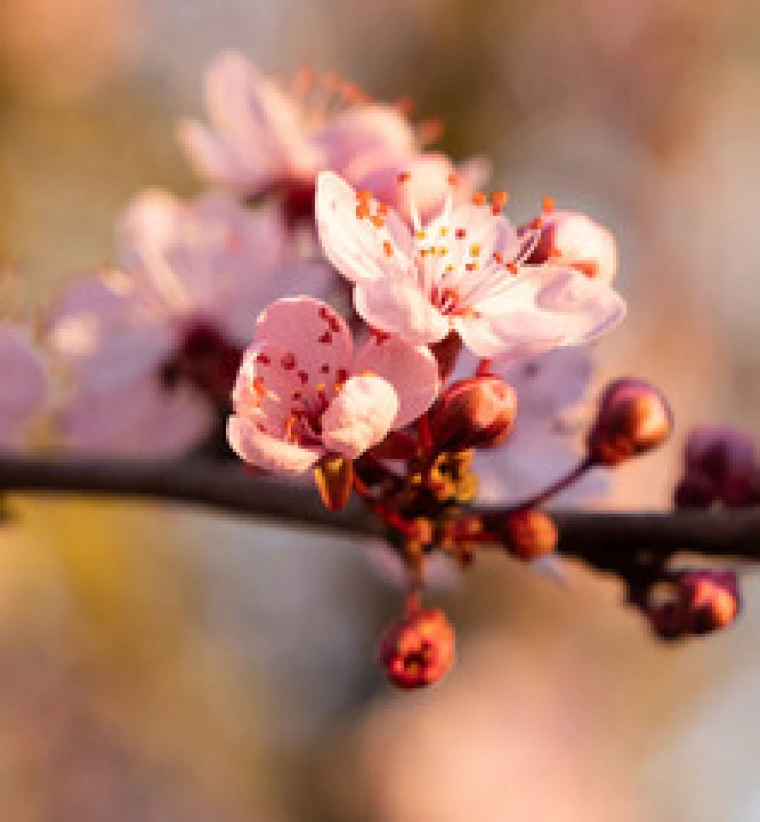Sept. 8, 2022
The University of Arizona will establish a new Center for East Asian Studies that will join three other longstanding international centers on campus. The four centers will receive a combined $5.9 million in federal Title VI grant funding over the next four years.
The funding, given as Title VI grants from the U.S. Department of Education, will support teaching, research and outreach programs and help affirm the university's status as a leader in foreign language and international studies instruction and international engagement.
The university's Center for Latin American Studies and the Center for Middle Eastern Studies have been awarded new grants to support their continued operation as Title VI National Resource Centers, or NRCs, which provide research and instruction in foreign languages and international studies, as well as outreach to K-12 schools and the wider community. The Center for East Asian Studies has been funded as an NRC for the first time.
The UArizona Center for Educational Resources in Culture, Language and Literacy has been funded for its fifth round as a National Language Resource Center. These centers develop resources for the teaching and learning of foreign languages at K-12 and college levels across the United States and promote the learning of languages that are less commonly taught.
In addition, the Center for Latin American Studies and the Center for Middle Eastern Studies will receive funding for Foreign Language and Area Studies student fellowships.
According to the U.S. Department of Education website, these Title VI grants are designed to respond to the "ongoing national need for individuals with expertise and competence in world languages and area or international studies." They contribute to developing a globally competent workforce, expand access to foreign language learning, and support teaching and research on critical world regions and languages.
"In our increasingly globalized world, the study of foreign languages and international cultures is as critical as ever," said University of Arizona President Robert C. Robbins. "This is a proud area of strength for the University of Arizona, and this new funding will allow us to continue as a world leader in international and foreign language teaching, research and scholarship."
Linking East Asia with the southwestern U.S.
The newly established Center for East Asian Studies in the College of Humanities will receive $782,686 over four years to support and promote East Asian language and cultural teaching and research across the university and through outreach to K-12 schools, higher education institutions and the broader community. The center is the first Title VI NRC at a Hispanic-Serving Institution to focus on East Asia, and the co-directors are Wenhao Diao and Scott Gregory, both Associate Professors in the Department of East Asian Studies.
With 67 UArizona faculty members in many disciplines doing work related to East Asia, the center aims to consolidate East Asia-related resources on campus, throughout southern Arizona and across the Southwest. One of the center's priorities over the next four years is to develop collaborative, interdisciplinary courses with higher education institutions in East Asia, on topics related to sustainability and diversity. The center will also aim to develop and grow the instruction of East Asian languages at UArizona and to provide opportunities for students to study and get internships in East Asia.
"The Center for East Asian Studies will focus on themes that simultaneously define our current national and international needs and are relevant to Arizona's concerns," Diao said. "As a brand-new center, we cannot be more thrilled for the great news. As you can imagine, it's incredibly difficult to get funded as a new application and this really means bringing visibility to our expertise in East Asia here on the University of Arizona campus and our potential role in linking East Asia with the southwestern U.S."
A commitment to integrating culture, literacy and language learning
The Center for Educational Resources in Culture, Language and Literacy in the College of Humanities will receive $699,640 over four years. Since its founding in 2006, the center has received Title VI funding to develop resources for teaching and learning foreign languages and culture, and to offer professional development opportunities for educators regionally, nationally and internationally.
Housed in the College of Humanities, the center is led by co-directors Beatrice Dupuy, Professor of French, Public and Applied Humanities, and Second Language Acquisition and Teaching, and Chantelle Warner, Associate Professor of German Studies and Second Language Acquisition and Teaching.
The center's 13 projects and seven initiatives address four areas that share a commitment to integrating culture, literacy and language learning.
"By taking many of our events online in the wake of the pandemic, we have been able to reach out further, increase our U.S. and global audience, and in doing so, we substantially increased our overall visibility and thus our impact," said Dupuy. "Our funding has created an opportunity for people from the U.S. to be a part of the international community, and also to be part of current national and international conversations on equity, diversity and inclusion, themes that will continue to be reflected in the set of projects we proposed for this new grant cycle."




